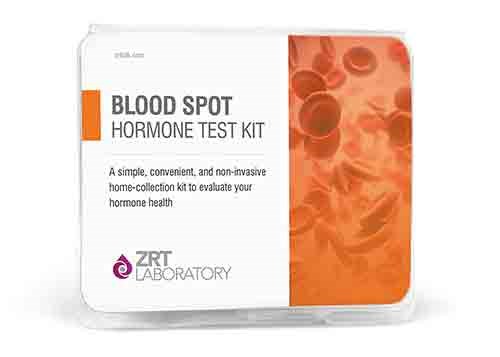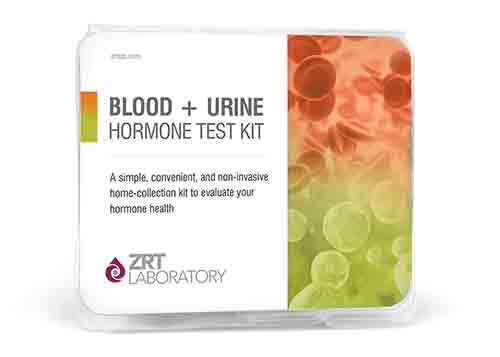THYROID IMBALANCE
30 million adults suffer from thyroid imbalance. Don’t let dysfunction go undiagnosed.
The thyroid is a small butterfly-shaped gland that sits behind and below the Adam’s apple. A wide range of factors from hormone imbalances to mineral deficiencies and environmental pollutants can interfere with thyroid production, leading to health problems.
The American Thyroid Association estimates that as many as 60% of people with thyroid disease are not aware of it. Statistics show that women are seven times more likely than men to develop thyroid problems, facing as much as a one in five chance of developing a problem particularly during the peri-menopause years when hormones start to fluctuate.
Thyroid disease or dysfunction can explain a wide variety of symptoms. Do these sound familiar?
- Weight gain or inability to lose weight despite exercise and diet
- Feeling cold all the time (when others don’t)
- Low energy and stamina, especially in the evening
- Memory lapses or slow/fuzzy thinking
- Dry, thinning, itchy skin
- Dry or brittle hair and nails
- Hair loss
- Irregular bowel habits
- Menstrual irregularities
- Sudden or significant weight loss
- Rapid or irregular heartbeat
- Sweating
- Nervousness or irritability
Levels of key thyroid hormones can indicate whether there is a thyroid imbalance. These include:
Produced by the pituitary gland, TSH acts on the thyroid gland to stimulate production of the thyroid hormone thyroxine (T4).
The predominant hormone produced by the thyroid gland, T4 is converted to its active form, T3, within cells.
Total T4 includes both free T4 and protein-bound T4, and is an indicator of the thyroid gland’s ability to synthesize, process and release T4 into the bloodstream.
T3 is the active thyroid hormone that regulates the metabolic activity of cells.
Thyroid peroxidase is an enzyme involved in thyroid hormone production. The body produces antibodies, including TPOab, that attack the thyroid gland in autoimmune thyroiditis and Hashimoto’s. Testing TPOab levels can diagnose these conditions.
A protein rich in tyrosine, the residues of which when bound to iodine become the building blocks of T3 and T4. If iodine levels are low, thyroglobulin accumulates, thus high levels indicate insufficient iodine for healthy thyroid function.
Recommended for Practitioners:
Webinar: A Patient Centered Approach to Hashimoto’s
Recommended for Patients:
Webinar: Coping with Thyroid Dysfunction
Blog: Protect Your Thyroid Health
To restore the vital balance of hormones, we first need a detailed, accurate measurement of hormone levels. Not just numbers, but an assessment that offers real meaning.
ZRT Test Directory & Abbreviations
Dried Blood Spot Reference Ranges
Heavy Metals & Essential Elements Reference Ranges



